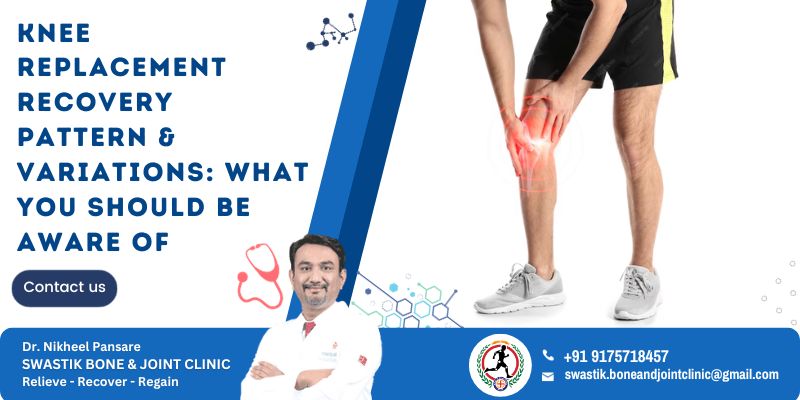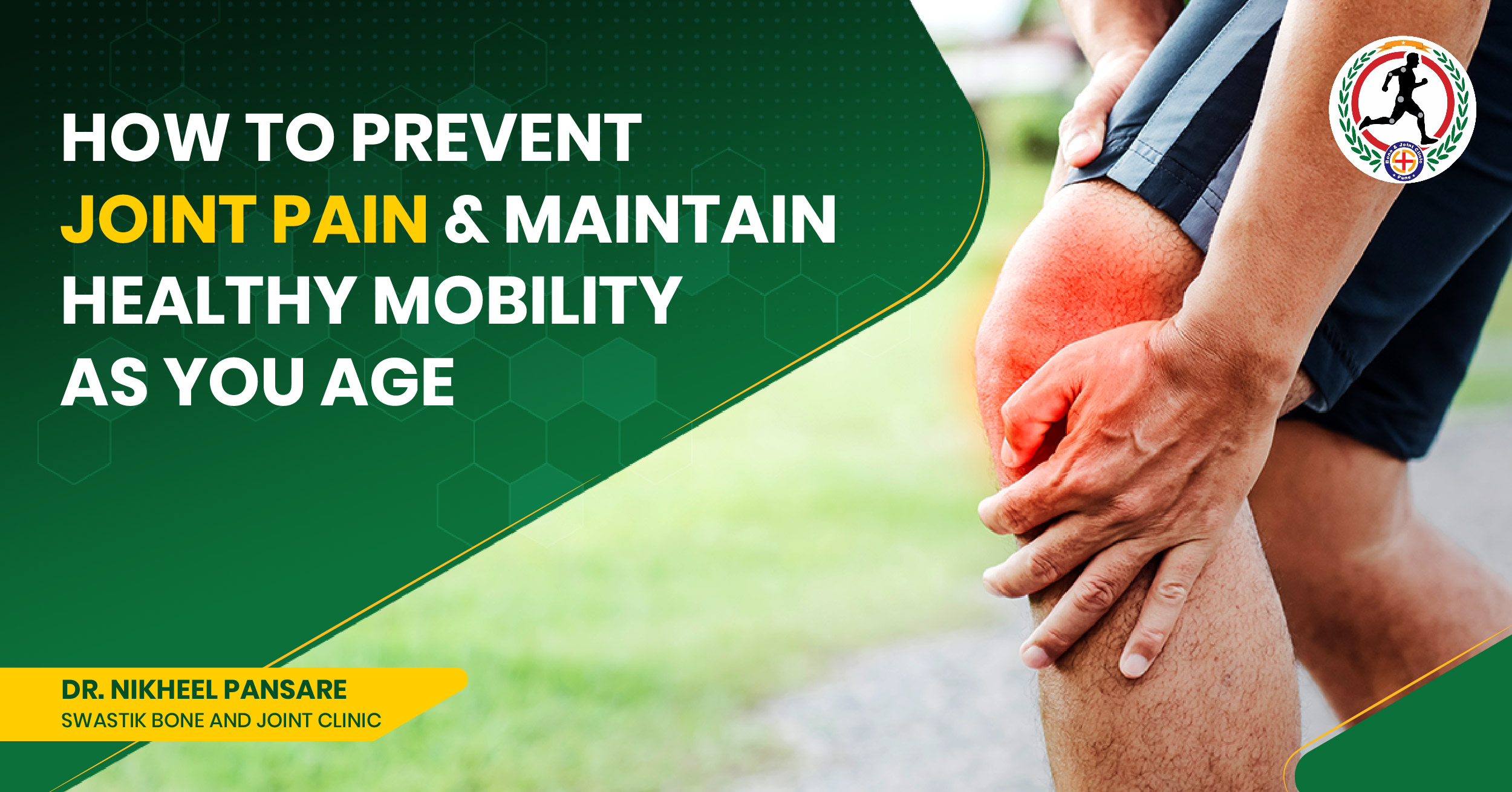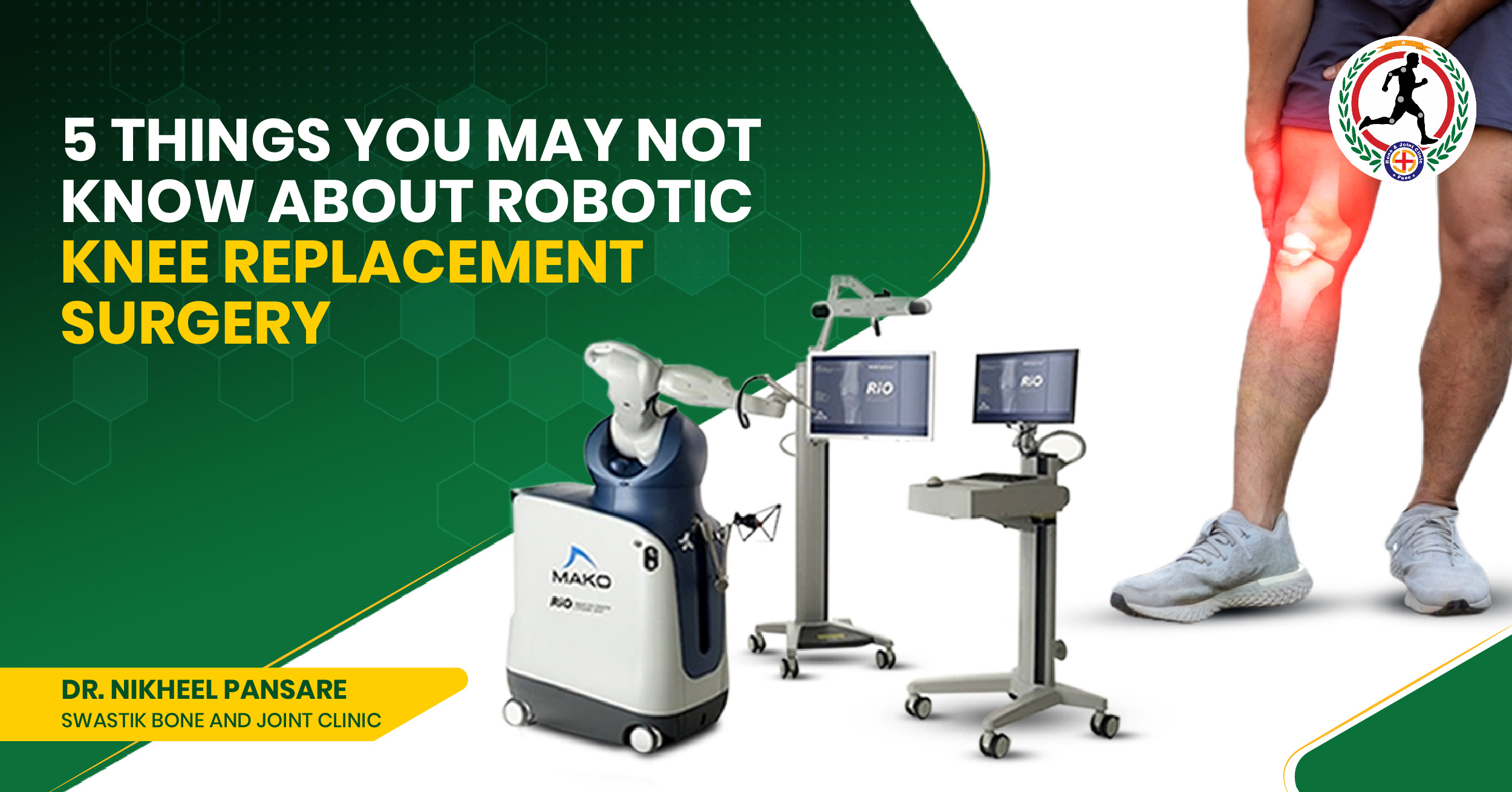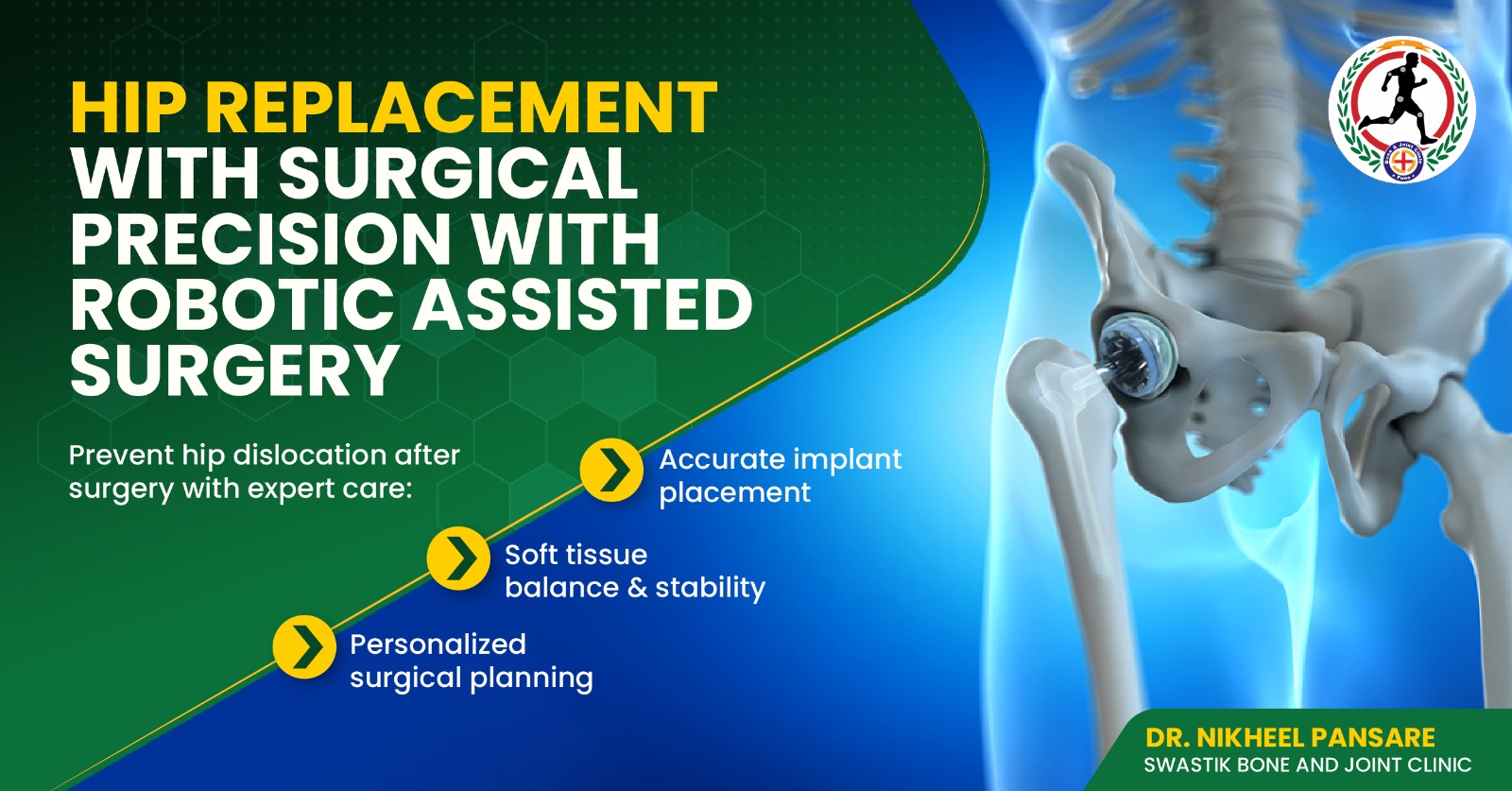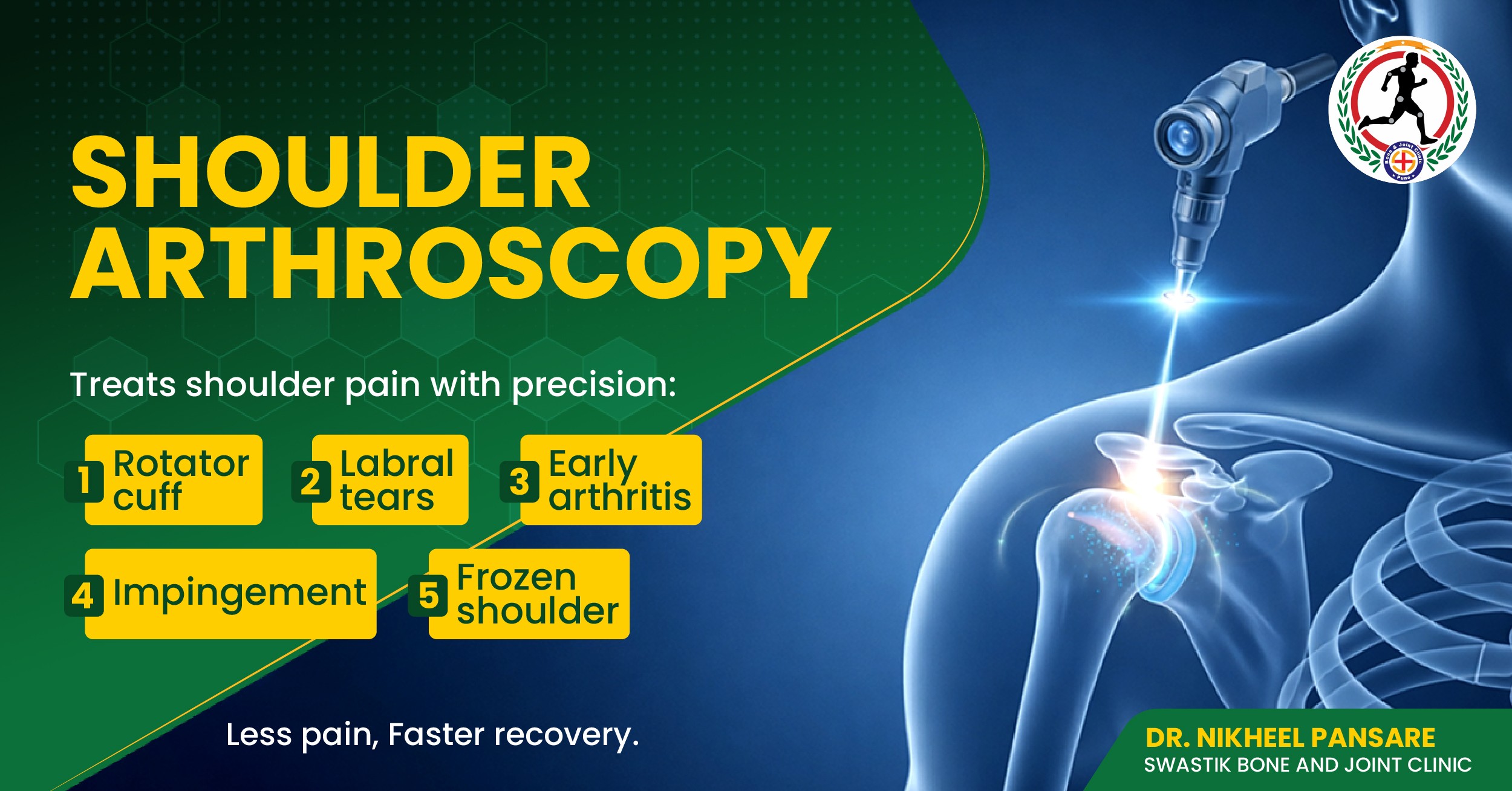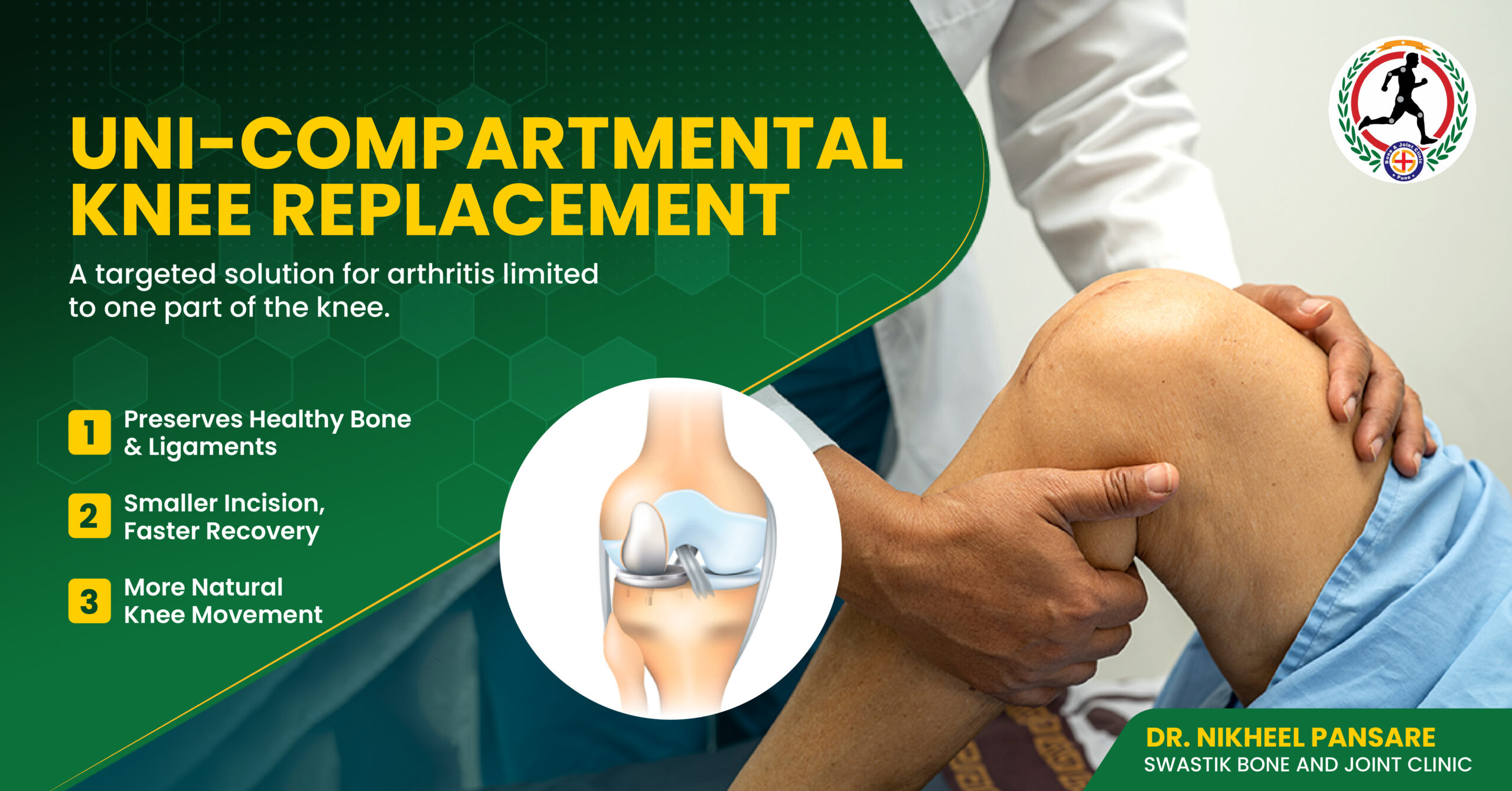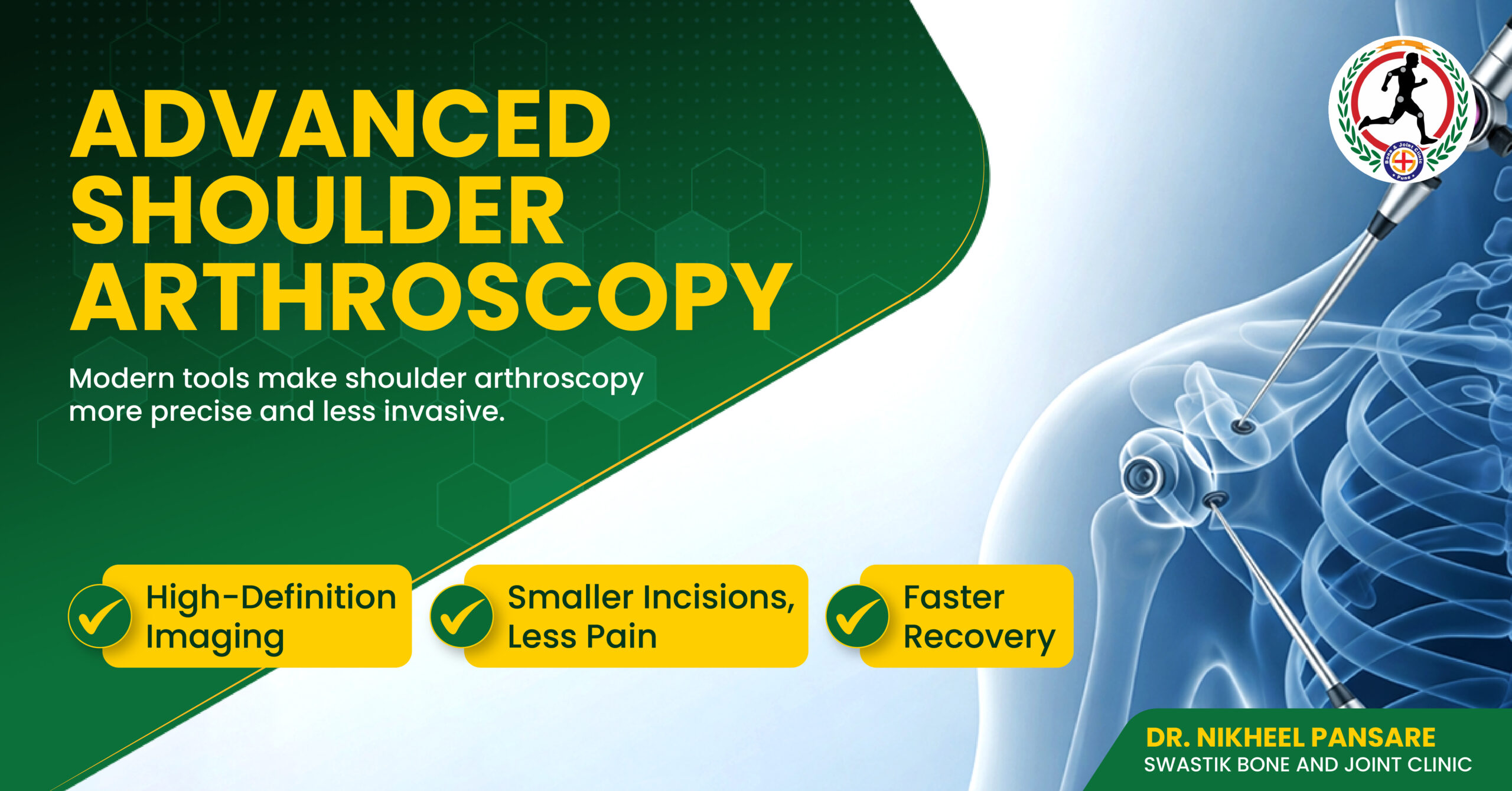Preparing for robotic knee & hip surgery involves more than just physical readiness; it also requires mental preparedness. Dr. Nikheel Pansare, a renowned Robotic Joint Replacement surgeon in Viman Nagar near Kharadi specializing in robotic knee & hip replacement, emphasizes the importance of both aspects in maximizing the success of the procedure. Let’s explore how patients can prepare themselves physically and mentally for robotic joint surgery.
In addition to exercise, patients may need to undergo preoperative testing, such as blood workups, X-rays, and electrocardiograms etc to assess their overall health and identify any potential risk factors. Dr. Nikheel Pansare, a trusted robotic joint replacement surgeon in Viman Nagar & Kharadi, works closely with patients to ensure they are physically prepared for surgery and have realistic expectations regarding the recovery process.
In addition to educating themselves, patients can benefit from practicing relaxation techniques such as deep breathing, meditation, or visualization to help reduce stress and promote a sense of calmness before surgery. Surrounding themselves with a supportive network of family and friends can also provide emotional reassurance during this time.
Dr. Nikheel Pansare emphasizes the importance of adhering to postoperative care instructions provided by the surgical team. This may include following a specific rehabilitation program, attending follow-up appointments, and gradually increasing activity levels as directed. By actively participating in their recovery, patients can optimize their outcomes and regain mobility more quickly.
Physical Preparation:
Physical preparation for robotic joint surgery involves several key steps to ensure optimal outcomes. First and foremost, patients should follow their surgeon’s recommendations regarding preoperative exercises and lifestyle modifications. These may include strengthening exercises to improve muscle tone around the joint, flexibility exercises to enhance range of motion, and cardiovascular activities to promote overall fitness.In addition to exercise, patients may need to undergo preoperative testing, such as blood workups, X-rays, and electrocardiograms etc to assess their overall health and identify any potential risk factors. Dr. Nikheel Pansare, a trusted robotic joint replacement surgeon in Viman Nagar & Kharadi, works closely with patients to ensure they are physically prepared for surgery and have realistic expectations regarding the recovery process.
Mental Preparation:
Mental preparation is equally important when undergoing rotential outcomes. This can help alleviate anxiety and uncertainty leading up to the surgery. Dr. Nikheel Pansare encourages open communication between patients and their healthcare team to address any concerns or questions they may have.In addition to educating themselves, patients can benefit from practicing relaxation techniques such as deep breathing, meditation, or visualization to help reduce stress and promote a sense of calmness before surgery. Surrounding themselves with a supportive network of family and friends can also provide emotional reassurance during this time.
Preparing for Recovery:
Robotic knee & hip replacement surgery typically requires a period of recovery and rehabilitation following the procedure. Patients should take proactive steps to prepare for this phase, including arranging for assistance at home, stocking up on necessary supplies and medications, and planning ahead for postoperative appointments and physical therapy sessions.Dr. Nikheel Pansare emphasizes the importance of adhering to postoperative care instructions provided by the surgical team. This may include following a specific rehabilitation program, attending follow-up appointments, and gradually increasing activity levels as directed. By actively participating in their recovery, patients can optimize their outcomes and regain mobility more quickly.




